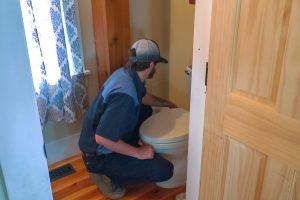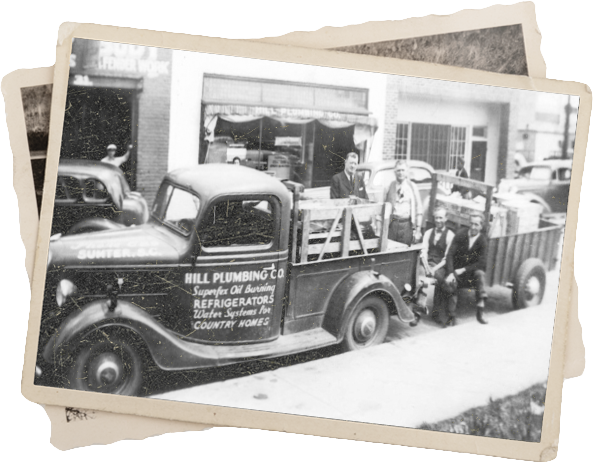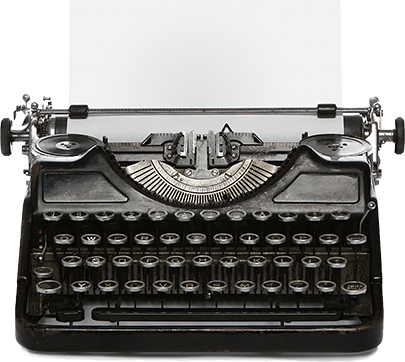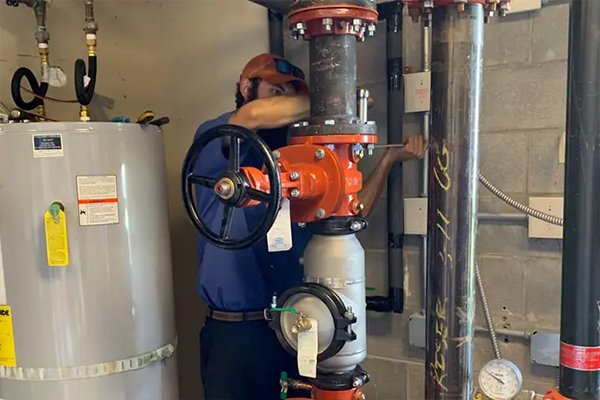 Access to safe, clean water is a top priority for any home or business owner, which is why backflow testing and related services are so important. Trying to learn more about backflow preventer testing and backflow services to protect your water supply from contamination? Keep reading for the facts you need to know.
Access to safe, clean water is a top priority for any home or business owner, which is why backflow testing and related services are so important. Trying to learn more about backflow preventer testing and backflow services to protect your water supply from contamination? Keep reading for the facts you need to know.
What Is Backflow Testing?
Backflow testing is a procedure that mitigates the dangerous effects of backflow, which can contaminate the water with fecal matter, bacteria, heavy metals, and chemicals. The backflow testing process involves a plumber assessing how the plumbing system’s backflow preventer performs. They check the backflow valves to identify leakage, insufficient gauge movement, and other signs of a malfunctioning device.
If they determine all parts are working correctly during the test, you’ll know your water supply is safe. However, if they identify a problem when backflow testing the equipment, they must perform backflow preventer repair to safeguard your water supply right away.
What Do Backflow Services Include?
Professional backflow services will cover tasks related to the maintenance, repair, and optimal functioning of your backflow preventer. At Hill Plumbing and Air, our experienced technicians provide the following backflow services:
- Backflow testing
- Repair
- Installation
- Inspections
- Re-Certifications
We understand that a malfunctioning backflow preventer can spell disaster for your home or business. Count on our technicians to offer the reliable backflow testing and services you need to keep your family members or customers safe. Contact Hill Plumbing and Air today to schedule backflow testing or other backflow services.

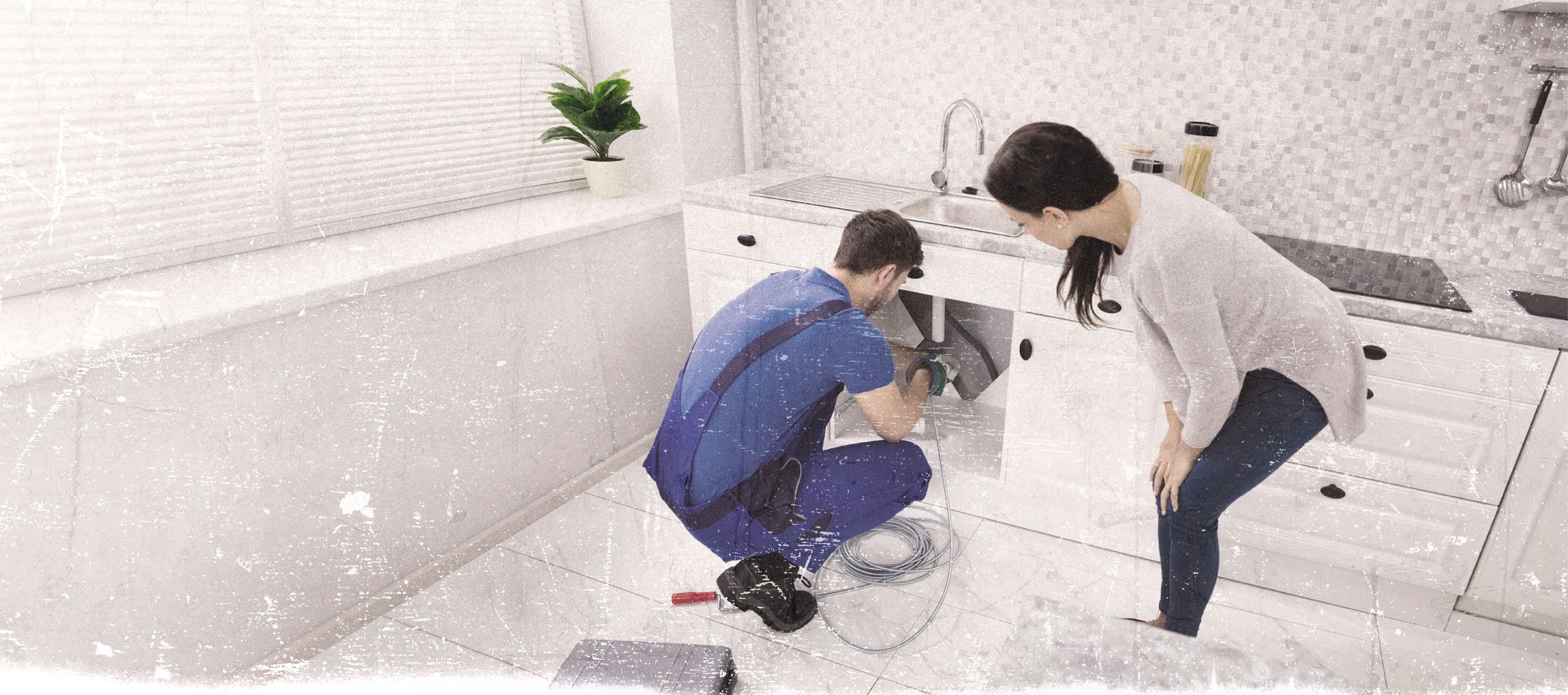
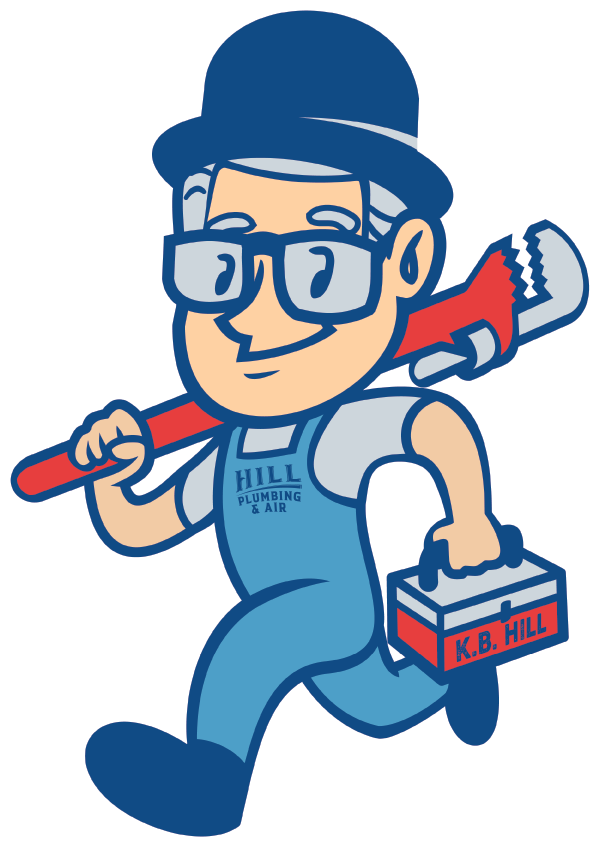
 Summertime is the best time for a tall glass of cool water, but if you find
Summertime is the best time for a tall glass of cool water, but if you find 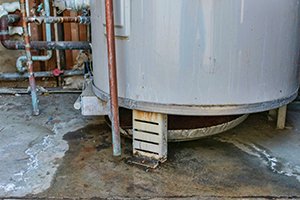
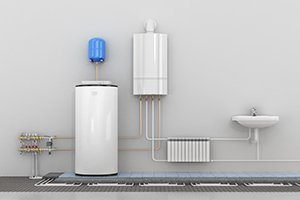
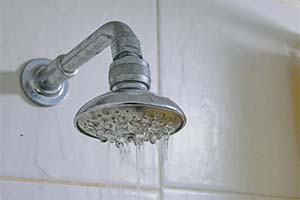
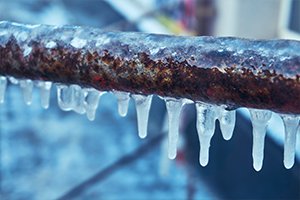
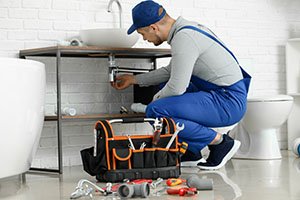
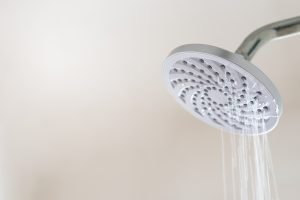
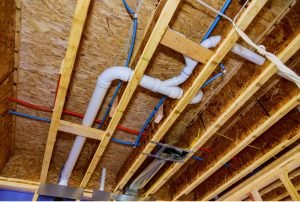 How are your
How are your 